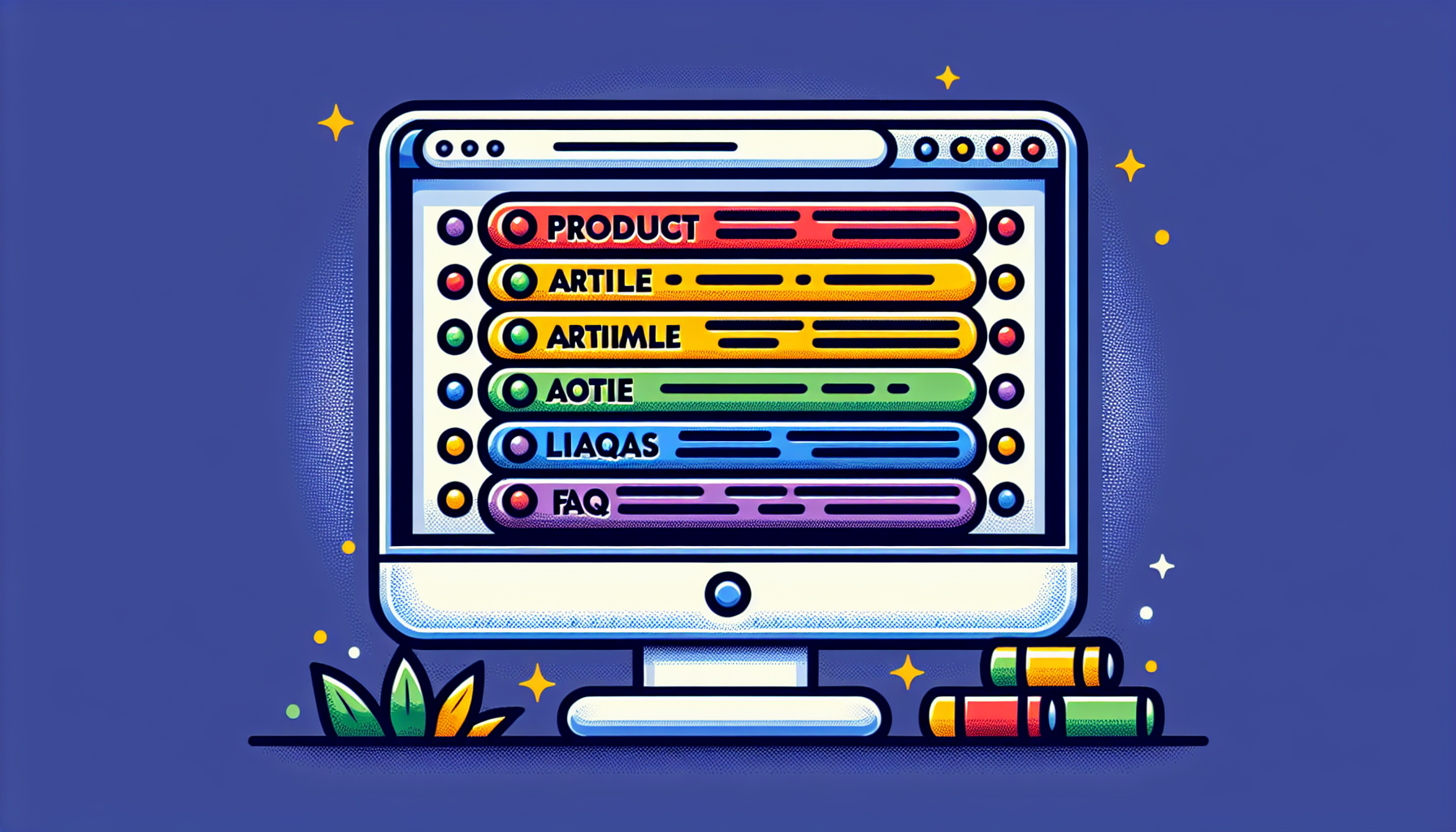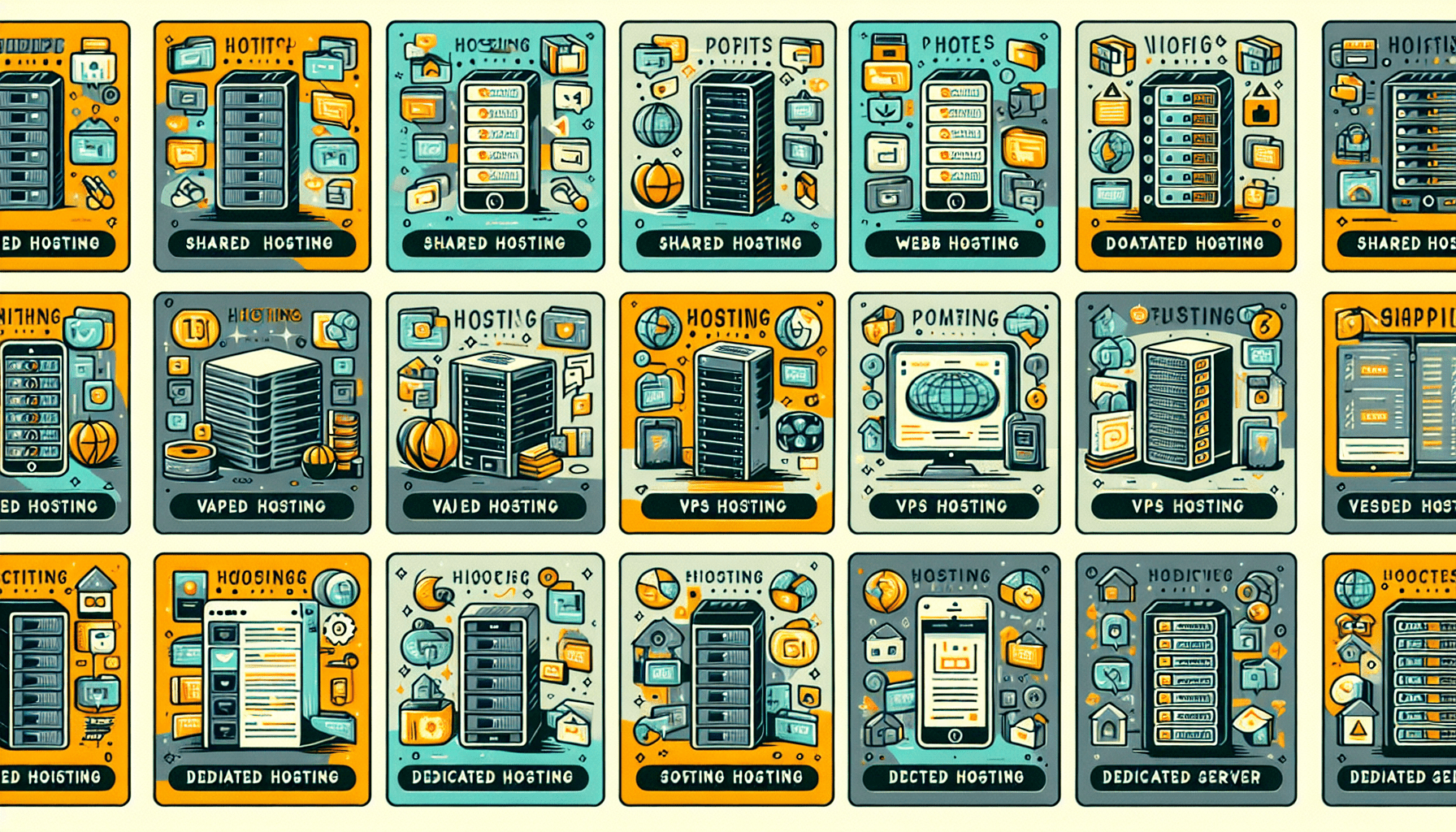Have you ever wondered why regular software updates are crucial for maintaining the security of your website? In this article, you will learn about the importance of keeping your website up to date with the latest software updates to ensure its security and protect it from potential threats. Let’s dive in and explore why regular software updates are essential for website security.
What are Software Updates?
Software updates are releases of new versions or patches to existing software programs. These updates are intended to fix bugs, improve performance, add new features, or enhance security. When it comes to website security, software updates play a critical role in protecting your site from vulnerabilities that could be exploited by hackers.
Think of software updates as maintenance tasks for your website. Just like you regularly maintain your car to keep it running smoothly, updating your website’s software is essential for its optimal performance and security.
Why Are Software Updates Important for Website Security?
Software updates are crucial for website security because they address vulnerabilities that hackers can exploit to gain unauthorized access to your site. Hackers are constantly looking for weaknesses in software programs to exploit and compromise websites for malicious purposes. By keeping your website’s software up to date, you reduce the risk of security breaches and protect sensitive data from being compromised.
The longer you delay software updates, the more vulnerable your website becomes to security threats. Hackers are always on the lookout for websites with outdated software that they can target. Regular updates are your first line of defense against cyber attacks.
Risks of Not Updating Your Website’s Software
Not updating your website’s software poses serious risks to its security and integrity. Outdated software is more susceptible to security vulnerabilities, making your site an easy target for cybercriminals. Failure to install software updates in a timely manner could result in data breaches, malware infections, website downtime, and damage to your brand’s reputation.
Neglecting software updates is like leaving your front door unlocked – it invites intruders to exploit vulnerabilities and gain access to your website. Protect your website by regularly updating its software to stay ahead of potential security threats.
Benefits of Regular Software Updates for Website Security
Regular software updates offer numerous benefits for your website’s security and overall performance. By keeping your software up to date, you can:
- Enhance security: Software updates address vulnerabilities and security issues to protect your website from cyber threats.
- Improve performance: Updates often include bug fixes and performance enhancements that optimize your website’s speed and reliability.
- Add new features: Updates may introduce new features and functionalities that enhance user experience and increase engagement on your site.
- Ensure compatibility: Updated software ensures compatibility with the latest web browsers, devices, and technologies, improving user accessibility and usability.
Think of software updates as an investment in your website’s security and success. By staying proactive and vigilant about updating your software, you can safeguard your site against potential risks and provide a seamless experience for your visitors.
Common Software Updates for Website Security
There are several types of software updates that are essential for maintaining the security of your website. These updates include:
-
Content Management System (CMS) Updates: CMS platforms like WordPress, Joomla, and Drupal release regular updates to address security vulnerabilities, improve performance, and add new features. Keeping your CMS up to date is crucial for protecting your website from security threats.
-
Plugin Updates: Plugins are add-on software components that enhance the functionality of your website. Plugin developers often release updates to fix bugs and security issues, so it’s important to update your plugins regularly to maintain the security of your site.
-
Theme Updates: Website themes determine the visual design and layout of your site. Theme developers release updates to fix bugs, enhance performance, and address security vulnerabilities. Updating your theme ensures that your website is secure and up to date.
Stay informed about the latest software updates for your CMS, plugins, and themes to keep your website secure and running smoothly. Make it a priority to install updates as soon as they become available to minimize the risk of security breaches.
Best Practices for Updating Your Website’s Software
To ensure the security and stability of your website, follow these best practices when updating your software:
-
Backup Your Website: Before installing software updates, make sure to create a backup of your website to prevent data loss in case of any issues during the update process.
-
Update Regularly: Set a schedule for updating your website’s software regularly to stay current with the latest security patches and enhancements.
-
Test Updates: After installing software updates, test your website’s functionality to ensure that everything is working correctly and that the updates did not cause any issues.
-
Monitor for Vulnerabilities: Stay informed about security vulnerabilities and software updates for your website’s CMS, plugins, and themes to proactively address any potential risks.
Following these best practices will help you keep your website secure and protected from cyber threats. By staying proactive and diligent about updating your software, you can maintain the integrity of your site and provide a safe browsing experience for your visitors.
Conclusion
Regular software updates are essential for maintaining the security and functionality of your website. By keeping your website’s software up to date, you can protect it from security vulnerabilities, cyber threats, and potential data breaches. Stay proactive about updating your CMS, plugins, and themes, follow best practices for software updates, and prioritize website security to ensure the safety and success of your site. Remember, the security of your website is in your hands – keep it safe with regular software updates.










